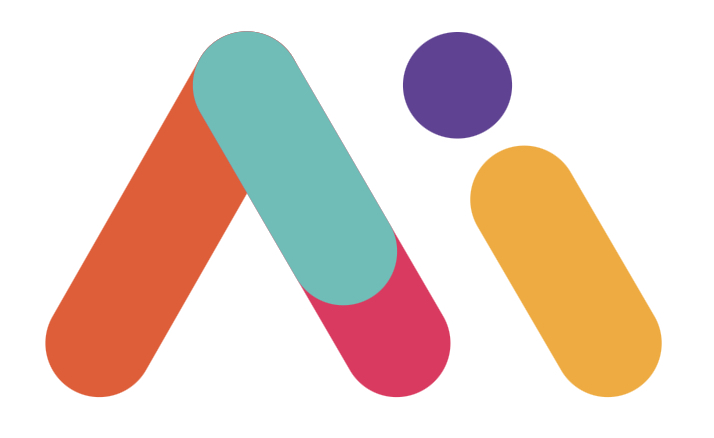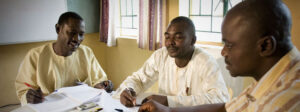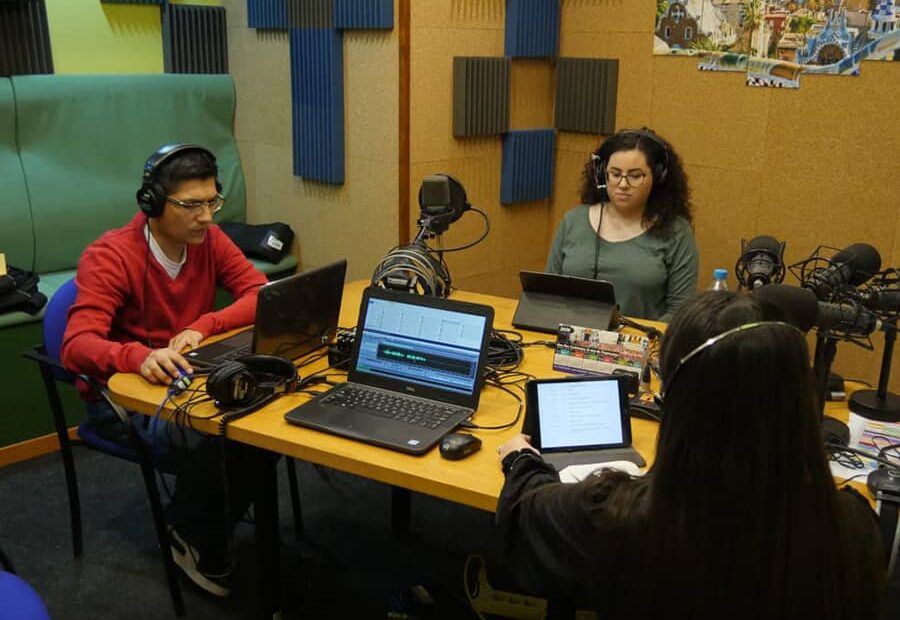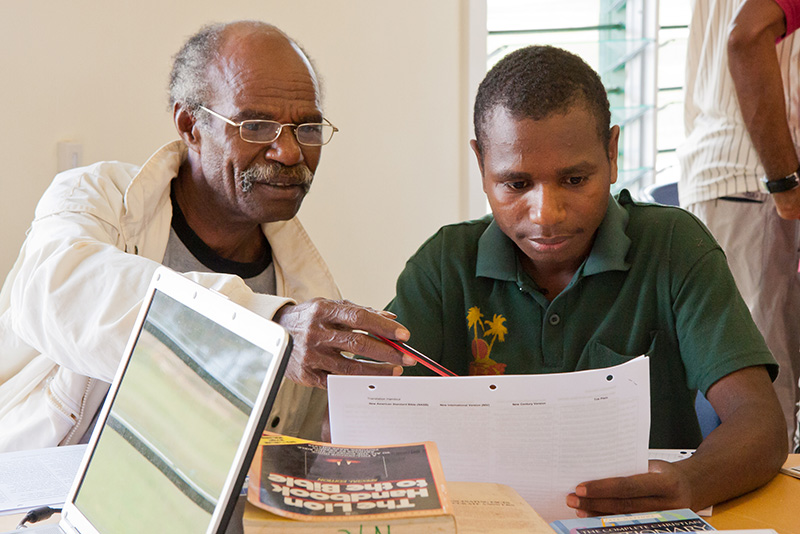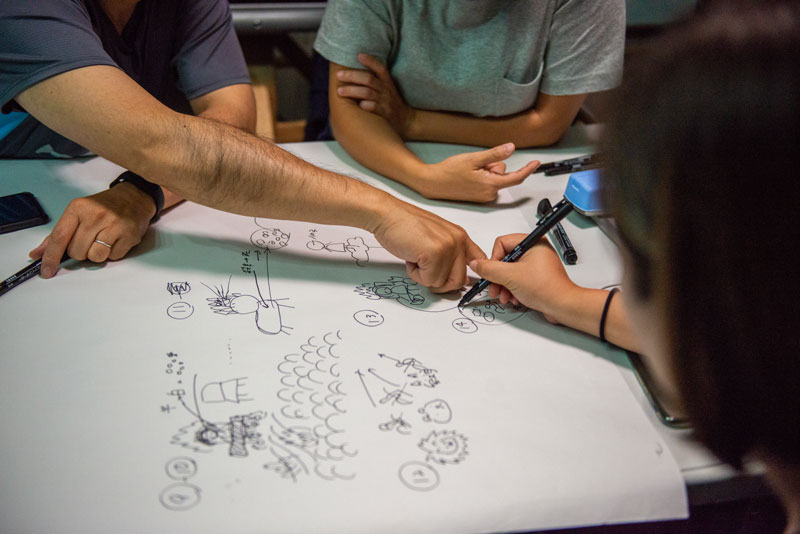This Cape Town 2010 Advance Paper was written by the Scripture in Mission Multiplex Resource Team as an overview of the topic that was discussed at the related session on ‘Scripture in Mission’ at the Cape Town 2010 Congress.
Abstract
Peter and Angela are busy with their middle-class lives. Next door, Lucy is a Buddhist from East Asia and her housemate is into New Age religious matters. Mma Echu has no Scriptures in her language, and the chief of her village has built a shrine for his god. Amin is interested in Jesus but is illiterate, while Hussein is deaf.
What do all these people have in common? They suffer from a malady that afflicts billions of people scattered throughout every nation in the world—Bible poverty. But none of them realize it.
What are the signs of Bible poverty? It is present where people are hindered by barriers from having access to the Scriptures in a language they understand well and engaging with them in ways that transform their lives. It cuts across economic levels, social status, religious identity, ethnic groups, and languages. Bible poverty affects regions of religious persecution. It affects the non-literate, the deaf, and the blind. Still others, like the Befang of Cameroon, simply do not have any Scripture in their language. And a host of professionals in cities from Shanghai to Munich to Bogota have no confidence in any truth but their own experience. Barriers to engaging meaningfully with the Scriptures show up everywhere: in urban contexts, in rural contexts, in regions where other major religions dominate, and in the post-modern West. But once we identify these barriers, can we also work to build bridges that enable people to overcome these barriers?

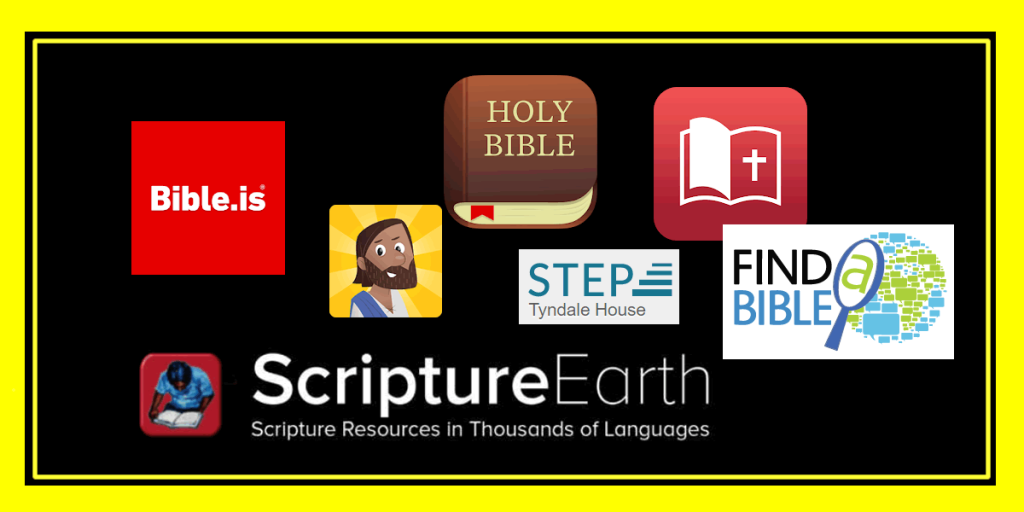

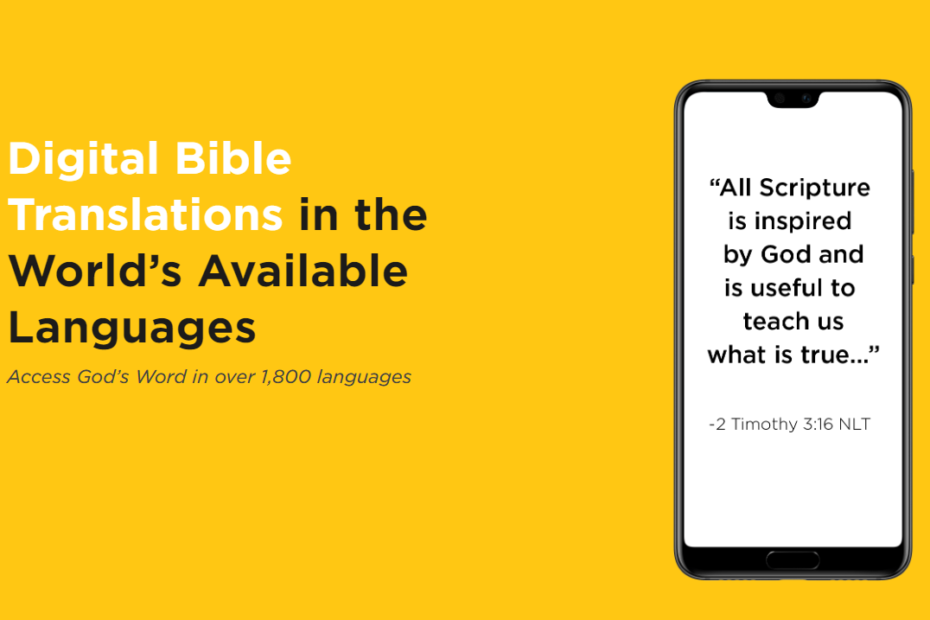
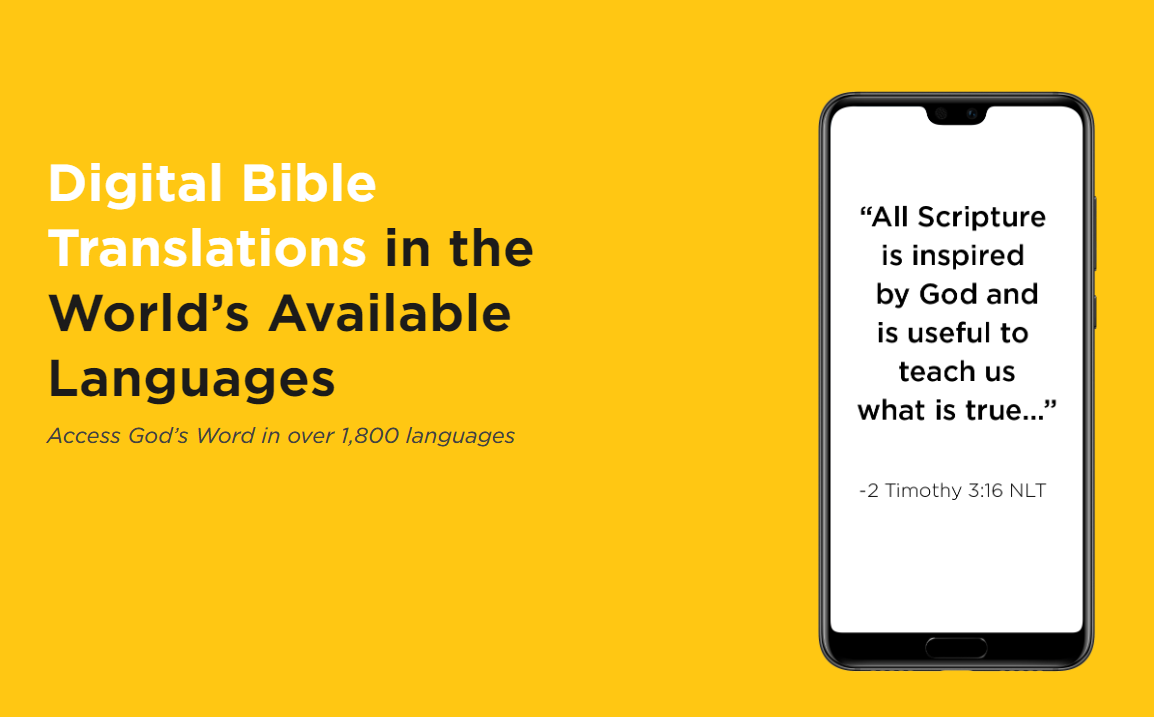
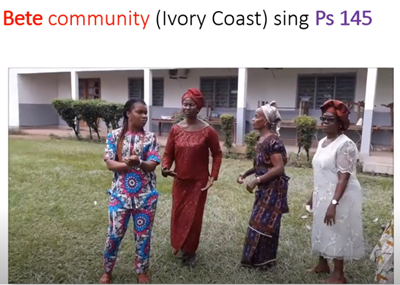

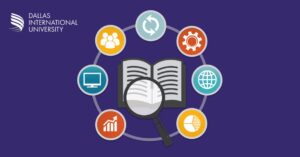
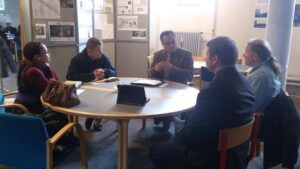 (photo credit:
(photo credit: 